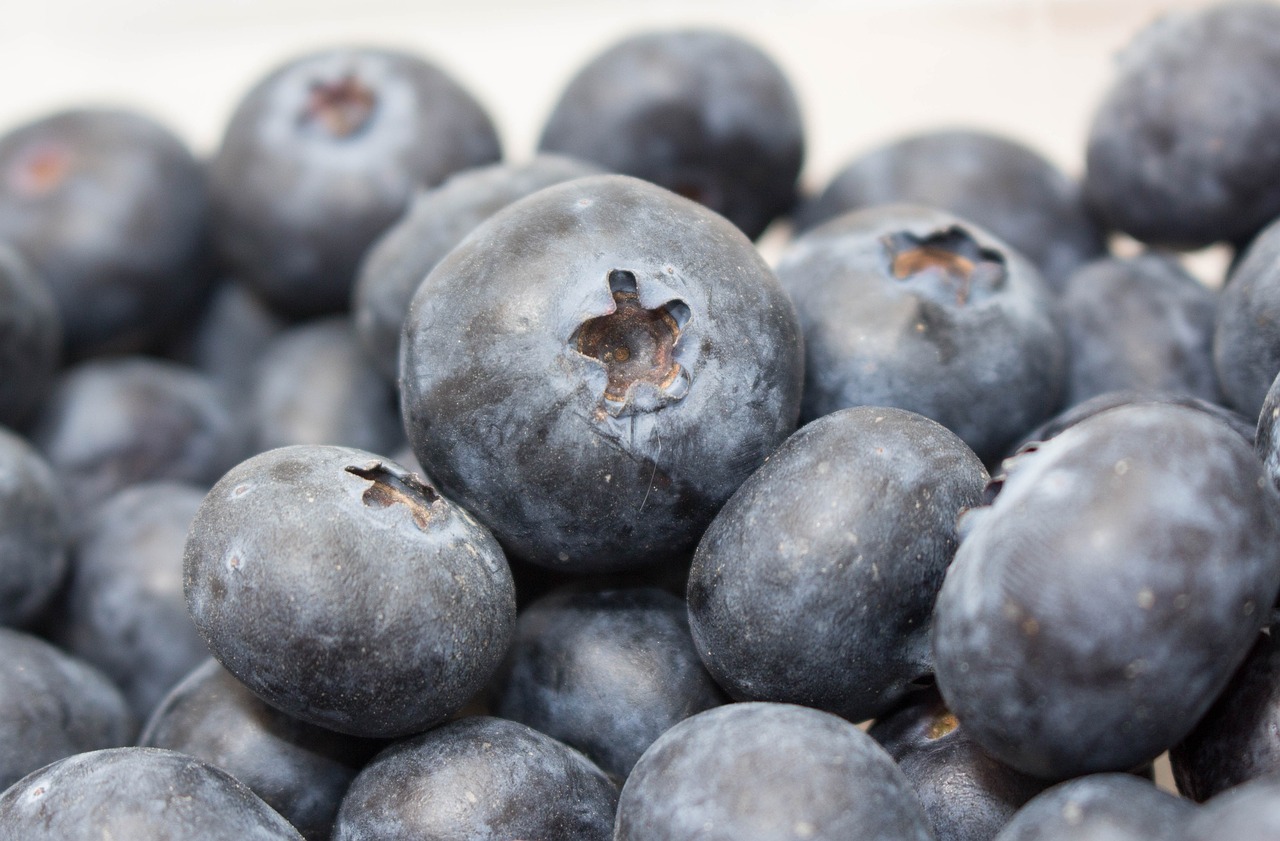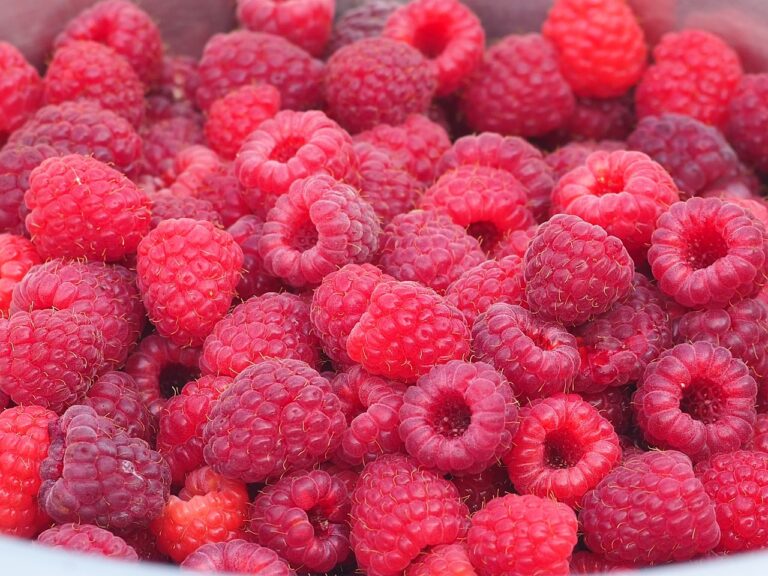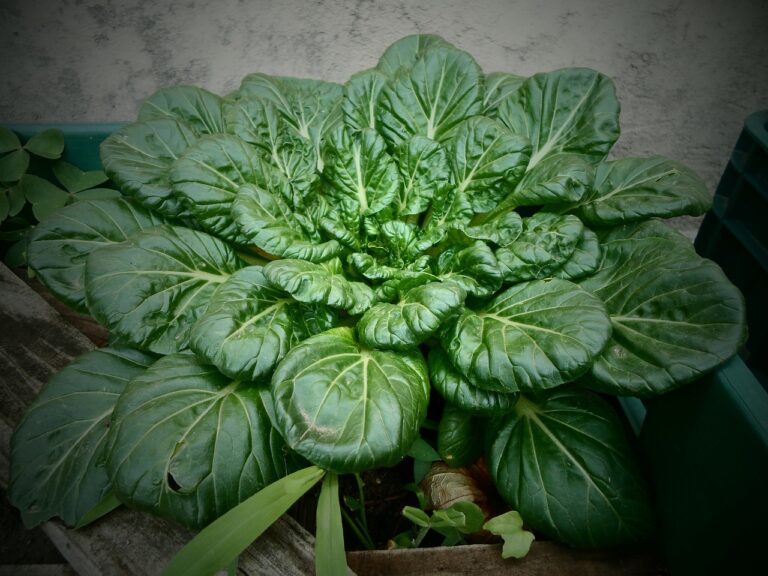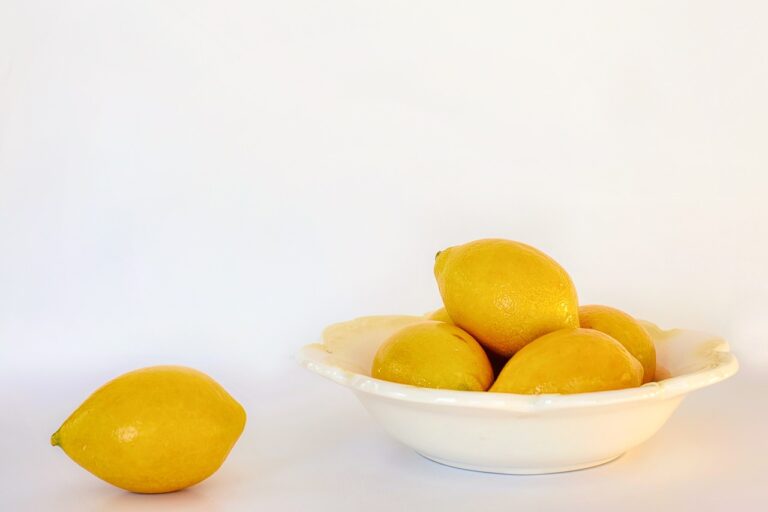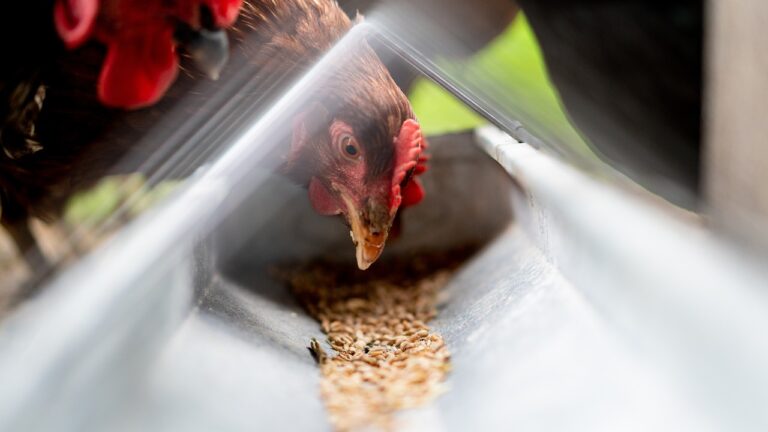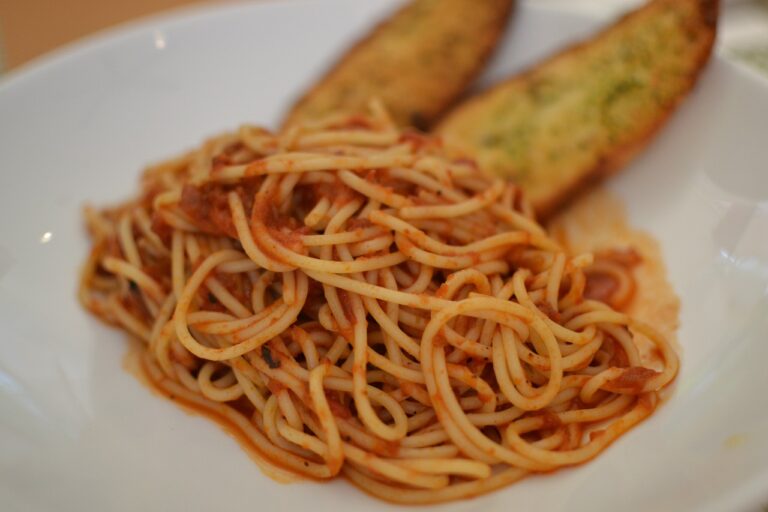The Importance of Beekeeping for Future Generations: All panel.com sign up, Lotus 365 book, Betbook 247.com login
all panel.com sign up, lotus 365 book, betbook 247.com login: As we look towards the future, it’s becoming increasingly clear that the preservation of our environment is crucial for the well-being of future generations. One often overlooked aspect of this preservation is the importance of beekeeping. Bees, often referred to as nature’s little pollinators, play a vital role in our ecosystem. From pollinating crops to providing us with honey, bees are an essential part of our world.
The decline in bee populations over the past few decades has raised concerns about the future of our food supply and the health of our environment. Without bees, many plants would not be able to reproduce, leading to a decrease in food production and biodiversity. This is why beekeeping is so important for future generations.
In this article, we will explore the reasons why beekeeping is crucial for the future, and how we can all play a part in supporting these important pollinators.
The Importance of Bees for Agriculture
Bees are responsible for pollinating a large percentage of the world’s crops. Without bees, many fruits, vegetables, and nuts would not be able to grow. In fact, it’s estimated that bees pollinate one-third of the food we eat. This includes crops such as apples, almonds, blueberries, and cucumbers.
The decline in bee populations has already had a significant impact on agriculture. Farmers are forced to rely on expensive and often harmful alternatives to pollinate their crops, such as pesticides and hand-pollination. This not only increases the cost of food production but also poses risks to human health and the environment.
By supporting beekeeping, we can help ensure that our food supply remains plentiful and diverse for future generations. By providing bees with safe and healthy environments, we can help them thrive and continue to play their important role in agriculture.
The Benefits of Beekeeping
Beekeeping not only supports the health of our environment but also provides a wide range of benefits for individuals and communities. Here are just a few of the many advantages of beekeeping:
1. Honey production: One of the most well-known benefits of beekeeping is honey production. Honey is a versatile and delicious natural sweetener that has numerous health benefits. It can also be used in cooking, baking, and even skincare products.
2. Pollination: Beehives can help increase the pollination of nearby plants, leading to higher crop yields for farmers and gardeners. This can result in increased food production and a more diverse ecosystem.
3. Educational opportunities: Beekeeping can provide valuable educational opportunities for individuals of all ages. By learning about bees and their role in the environment, we can foster a greater appreciation for nature and the importance of conservation.
4. Environmental conservation: By maintaining healthy bee populations, we can support the overall health of our environment. Bees play a crucial role in maintaining biodiversity and ecosystem stability, making them essential for the future of our planet.
How You Can Support Beekeeping
There are many ways that individuals can support beekeeping and help promote the health of bee populations. Here are a few simple steps you can take to make a difference:
1. Plant bee-friendly flowers and plants in your garden or community. Bees rely on a diverse range of flowers for food, so by planting a variety of flowers, you can help provide them with the nutrition they need to thrive.
2. Avoid using pesticides and chemicals in your garden. These substances can harm bees and other pollinators, so opt for natural and organic alternatives whenever possible.
3. Support local beekeepers by purchasing honey and other bee products from them. By buying locally-produced honey, you can help support beekeepers in your community and promote sustainable beekeeping practices.
4. Educate others about the importance of bees and the role they play in our environment. Share information about beekeeping with your friends, family, and community to raise awareness and encourage others to take action.
By taking small steps to support beekeeping, we can all contribute to the health of bee populations and the future of our environment.
FAQs
1. How can I start beekeeping?
Starting beekeeping can be a rewarding and fulfilling experience. To get started, you will need to research and educate yourself about beekeeping practices, invest in the necessary equipment, and find a suitable location for your beehives. It’s also important to consider the safety and well-being of the bees, so be sure to follow best practices for beekeeping.
2. Are bees dangerous?
Bees are generally not aggressive unless they feel threatened. It’s important to remain calm and avoid swatting at bees if you encounter them. If you are allergic to bee stings, it’s important to take precautions and carry an epinephrine injector with you.
3. How can I attract bees to my garden?
To attract bees to your garden, plant a variety of flowers and plants that provide bees with the food and pollen they need. Bees are attracted to bright colors, so consider planting flowers such as lavender, sunflowers, and coneflowers. Avoid using pesticides and chemicals in your garden, as these can harm bees and deter them from visiting.
In conclusion, beekeeping is a crucial practice for the future of our environment and food supply. By supporting bee populations and promoting sustainable beekeeping practices, we can all play a part in ensuring a healthy and thriving ecosystem for future generations.

